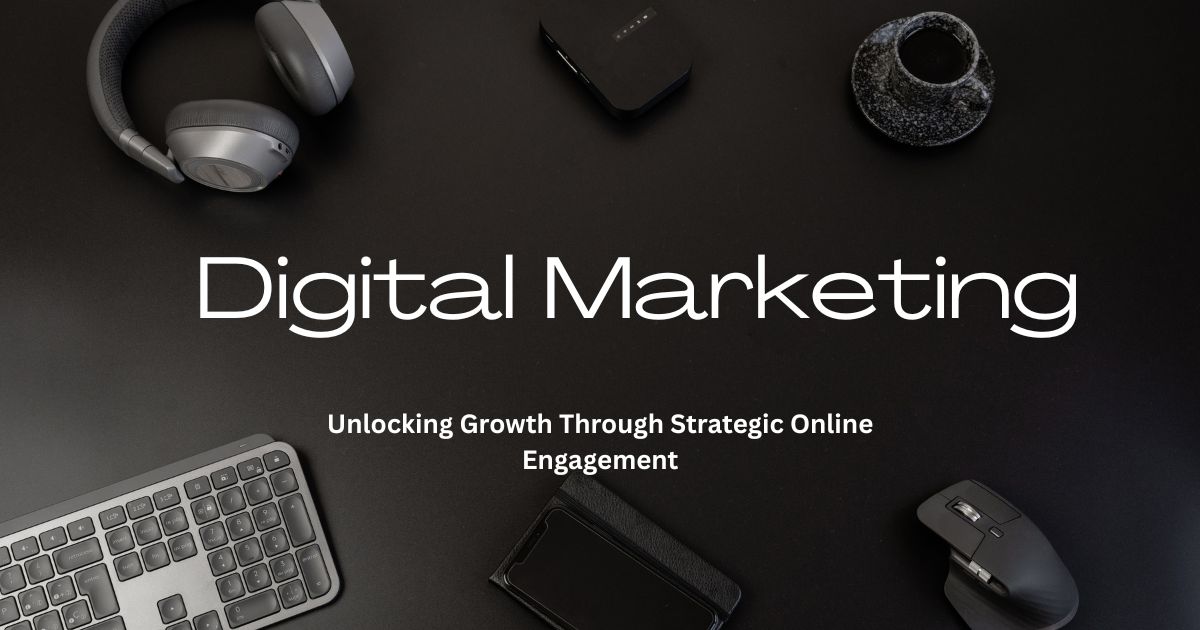
If you consider practicing a career online, is it about a choice between digital marketing or web development? Both fields offer exciting opportunities, in-demand jobs and opportunities for a variety of projects. Yet one question is left: what will you learn more easily? What is the path for your future success? This blog gets to the bottom of them both and compares learning curves, technical requirements and possible problems. Once you’ve read it, you’ll have a much clearer idea which direction suits your interests, objectives and skills.
This post, you’ll have a better sense of which direction suits your interests, goals, and skill set.
What Makes a Field ‘Easy’ or ‘Hard’?
The notion of “easier” or “harder” can be subjective. What feels simple and intuitive to one person may feel overwhelming to another. With that said, certain factors can impact how difficult a field may feel to learn, such as:
- The complexity of skills required
- The availability of learning resources
- The length of time it takes to become competent
- The need for creativity versus logic-driven thinking
Both digital marketing and web development require unique skill sets and approaches to problem-solving. Let’s break them down.
Understanding Digital Marketing

What Is Digital Marketing?
Digital marketing involves promoting products, services, or brands through online platforms. It includes a range of tools and channels, such as social media, search engines, email campaigns, and more.
The Skills You’ll Need
Here’s a list of core skills and tools digital marketers often need to learn:
- SEO and SEM (Search Engine Optimization and Search Engine Marketing): Knowledge of how search engines rank websites is key for driving organic or paid traffic.
- Content Creation: Crafting engaging blog posts, videos, and visual content that resonate with specific audiences.
- Social Media Management: Using platforms like Instagram, LinkedIn, and TikTok to create and manage ad campaigns.
- Analytics: Tools like Google Analytics help you decode data to measure success.
- Email and Marketing Automation: Running campaigns with platforms such as Mailchimp or HubSpot.
The good news? Most of these skills can be learned without highly technical knowledge, especially if you’re already comfortable with tools like Excel or Canva.
Tools and Platforms Digital Marketers Use
Here are some examples of tools commonly used in the digital marketing world:
- Google Ads and Meta Ads Manager for paid campaigns
- Canva or Adobe tools for graphic design
- SEMrush or Ahrefs for SEO strategies
- Mailchimp or Constant Contact for email marketing
Is Digital Marketing Easy to Learn?
The barrier to digital marketing is quite low in comparison with traditional promotion activities. Beginner courses or training can usually bring you up to scratch on the essentials of SEO and Facebook marketing in a matter weeks. However, although the basics are simple enough to master, developing into a full-fledged expert requires continuous study in order to catch up with trends and platform changes. A major factor that can make matters difficult for the digital marketer is creativity and adaptability. Understanding behavioral patterns of your audience, as well as launching campaigns which are both emotionally intriguing and show ROI (Return On Investment) to boot.

Why People Find Digital Marketing Manageable
- Accessible Tools and Resources: There are countless free or affordable online courses.
- Iterative Learning through testing campaigns in real time.
- Less Coding Needed: Unlike web development, most marketing tasks don’t involve advanced coding knowledge.
What Is Web Development?
Web development involves building and maintaining websites. This process includes coding the front-end (the part users interact with) and/or the back-end (the server-side logic and database management).
The Skills You’ll Need
Web development requires a largely technical skill set. Here are some key areas you’ll need to tackle:
- Front-end Development (HTML, CSS, JavaScript): Building the visual and interactive elements of a website.
- Back-end Development (Python, Ruby, PHP): Powering the logic and database connectivity needed for the website to function.
- Responsive Design: Ensuring websites work seamlessly on all screen sizes, from mobiles to desktops.
- Version Control: Working with tools like Git and GitHub for tracking changes in code.
- Debugging Skills for identifying and resolving coding problems.
Tools and Platforms Web Developers Use
Here’s an overview of tools that are key for web developers:
- VS Code or Sublime Text (code editors)
- GitHub (version control)
- Frameworks like React.js (front-end) or Node.js (back-end)
- APIs for integrating third-party services
While most of these tools are widely available, the challenge lies in understanding how to use them in combination.
Is Web Development Easy to Learn?
Oct 11 2010 is a better time than ever, With UGC being widely reported(to discover the
It is usually suggested to start with base-level HTML and CSS and gradually ascend to more complex programming ideas. But don’t bother–logic, algorithm-troubleshooting and logic are all equally fundamental.
It goes without saying that for many people who choose a non-technical field, this element of In fact, anything that is largely technical may seem a barrier to others. However, for everyone who in particular loves problem-solving and work that has a clear flow, web development will almost certainly quickly become second nature.
Why People Find Web Development Challenging
- Technical Knowledge is required to write functional code.
- Time Investment: Gaining expertise in full-stack development or advanced frameworks can take years.
- Constant Upgrades: The tech landscape evolves rapidly, meaning continuous learning is essential.
Which Path Is Right for You?
The answer depends on your strengths, interests, and career goals.
- If you love creativity, audience interaction, and developing messaging strategies, digital marketing could be the ideal choice.
- If you resonate more with problem-solving, building things from the ground up, and value technical precision, web development might be the better fit.
Remember that these fields aren’t mutually exclusive. Many digital marketers benefit from basic web development knowledge, while web developers with a strong grasp of SEO and online trends are invaluable assets in tech teams.

Start Learning & Find Your Path
You have to start by deciding between digital marketing and web development; this will be the first step on your path into the digital age. As long as you walk the path of virtual storytelling or rise to the occasion to build a digital life into existence, you must perform. Continue doing this every day.
In search of resources to get up and going with? Google Digital Garage and Codecademy provide accessible courses for digital marketing or web development “bootstrap” training.
No matter which way you cut it, both of these industries are thriving–your efforts will help give access to all kinds of new doors in the digital space.

Leave a Reply